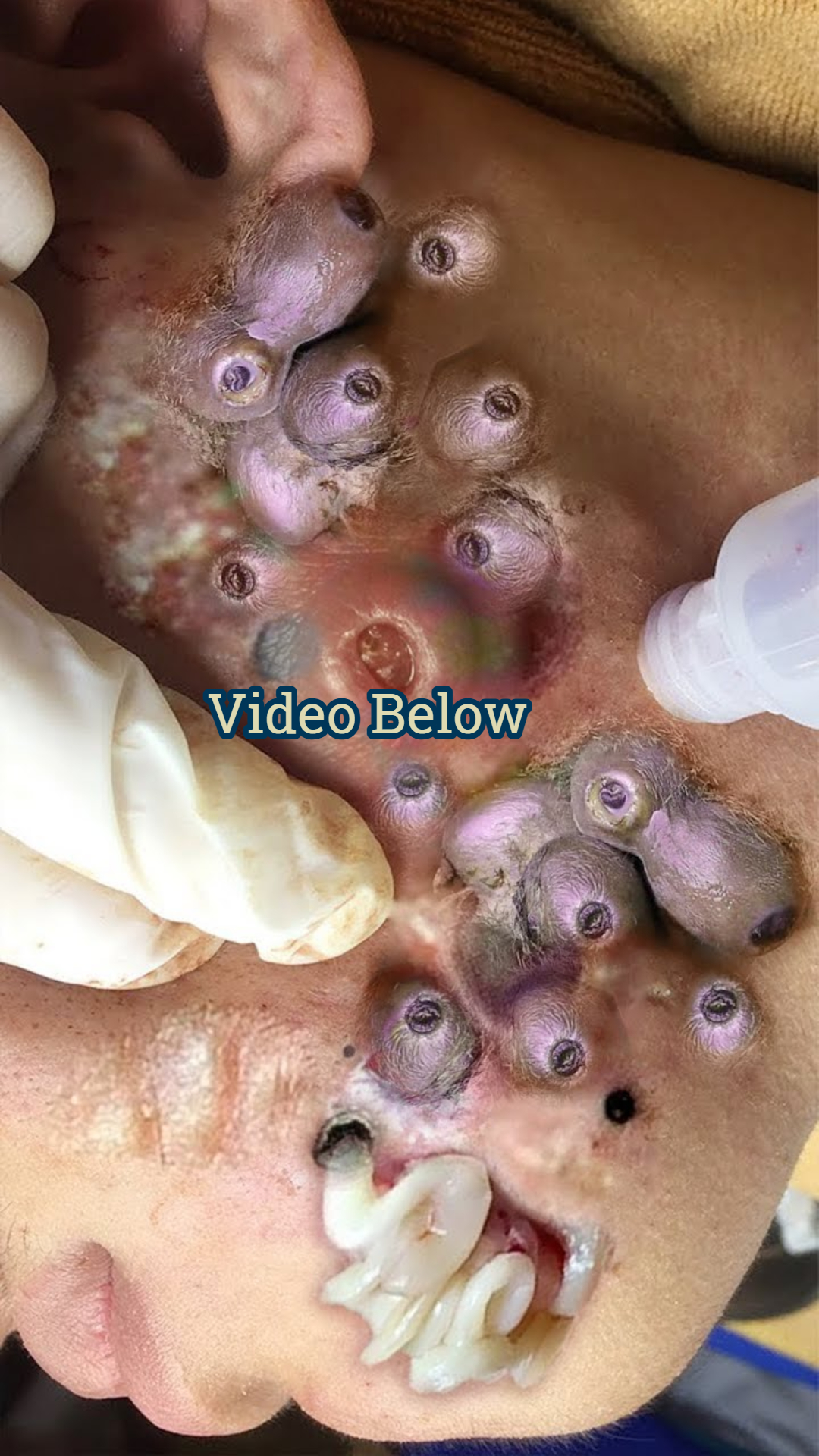
🧴 Are There Any Cancers Linked to Women’s Beauty Concerns?
When it comes to beauty, most women focus on skincare routines, makeup tips, haircare, and self-care habits. But there’s an important topic that often goes unspoken: the potential link between beauty practices and cancer risk .
While many beauty-related issues like acne, wrinkles, or dry skin are harmless, some cosmetic products, treatments, and lifestyle habits may have long-term health implications—especially when used frequently or over extended periods of time.
In this in-depth guide, we’ll explore what every woman should know about beauty-related cancer risks , how to stay safe, and what steps you can take to protect your health without compromising your appearance.
🔍 1. Skin Cancer – The Most Direct Link to Beauty & Appearance
What Is Skin Cancer?
Skin cancer occurs when DNA damage to skin cells leads to abnormal growth. It’s one of the most common cancers worldwide—and also one of the most preventable.
There are three main types:
- Basal Cell Carcinoma (BCC) – The most common and least dangerous.
- Squamous Cell Carcinoma (SCC) – Can spread if left untreated.
- Melanoma – The rarest but deadliest form of skin cancer.
Why Is It Linked to Beauty?
Many beauty and lifestyle choices expose the skin to harmful UV radiation:
- Tanning beds and sunbathing – These increase UV exposure significantly.
- Skipping sunscreen – Many women skip sunscreen for convenience or because they believe their makeup offers enough protection.
- Aging signs and moles – Changes in moles or pigmentation can sometimes signal melanoma.
Prevention Tips:
- Wear broad-spectrum SPF 30+ daily—even indoors or on cloudy days.
- Avoid indoor tanning beds entirely.
- Perform monthly self-exams using the ABCDE rule for moles:
- A symmetry
- B order irregularity
- C olor variation
- D iameter larger than a pencil eraser
- E volving in size, shape, or color
- Visit a dermatologist annually for professional skin checks.
🧴 2. Cosmetic Ingredients & Cancer Risk
Some ingredients commonly found in cosmetics and personal care products have raised concerns due to potential hormone disruption or carcinogenic effects.
While no direct cause-and-effect has been proven yet, awareness and caution are key.
Potentially Harmful Ingredients (Use with Caution)
What You Can Do:
- Read labels carefully and avoid products with questionable ingredients.
- Use apps like Think Dirty or check product safety on the EWG Skin Deep database .
- Opt for clean beauty brands that prioritize transparency and non-toxic formulations.
- Limit use of products with strong synthetic fragrances or unregulated formulas.
💄 3. Hair Dyes & Relaxers – Possible Breast Cancer Link?
Emerging research suggests that frequent use of hair dyes and chemical relaxers may slightly increase the risk of breast cancer—particularly among African American women.
What Studies Say:
- A 2019 study published in the International Journal of Cancer found that women who regularly used permanent hair dye had a slightly increased risk of breast cancer compared to those who didn’t.
- Chemical relaxers often contain endocrine-disrupting chemicals , which may affect estrogen levels—linked to hormone-sensitive cancers.
Safety Tips:
- Choose semi-permanent or plant-based dyes instead of permanent ones.
- Reduce frequency of chemical treatments.
- Always wear gloves and ensure good ventilation when applying.
- Consider natural alternatives like henna for coloring and coconut oil for conditioning.
💉 4. Breast Implants & Rare Cancer Risk
There is a very rare but real link between breast implants and a type of lymphoma called Anaplastic Large Cell Lymphoma (ALCL) .
This condition is known as Breast Implant-Associated ALCL (BIA-ALCL) and is not breast cancer—it affects the immune system and typically develops near the implant.
What You Should Know:
- BIA-ALCL is extremely rare , affecting approximately 1 in 3,000–30,000 women with textured implants.
- It is not associated with smooth surface implants .
- When caught early, it is often treatable with implant removal and sometimes chemotherapy.
Recommendations:
- If you have implants, attend regular follow-up appointments with your surgeon.
- Be alert to symptoms such as swelling, pain, lumps, or fluid buildup around the implant area.
- If you’re considering implants, discuss all options—including smooth implants —with a board-certified plastic surgeon.
🌿 Final Thought: Beauty & Health Go Hand-in-Hand
Your beauty routine doesn’t have to come at the cost of your health. By being informed and making conscious choices, you can enjoy looking your best while protecting your body from unnecessary risks.
Here are a few key takeaways:
- Sun protection is essential for preventing skin cancer.
- Be mindful of what you put on your body , especially long-term.
- Regular self-checks and dermatologist visits can catch problems early.
- Beauty should empower—not endanger—your health.
📌 Want to Share This Knowledge?
If you found this post helpful, consider sharing it with friends or saving it for future reference. And don’t forget to subscribe to our newsletter for more beauty, wellness, and health tips delivered straight to your inbox!